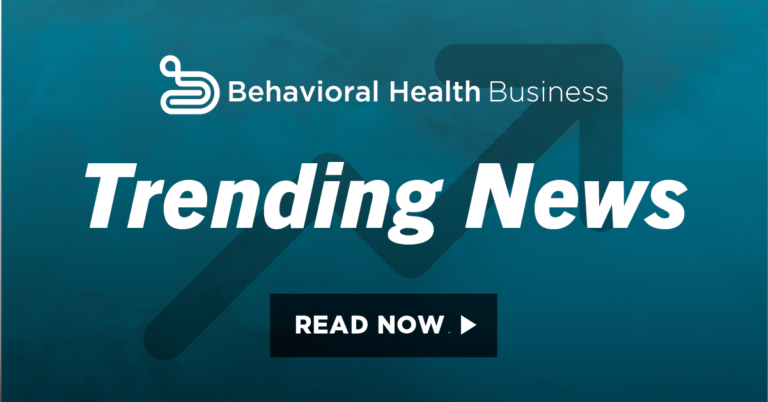Americans consider poor mental health to be one of the greatest threats to public health. This was especially true for young people, who were twice as likely to recognize this as today’s most pressing public health issue.
Even more pressing for Americans are opioids and fentanyl, which top the list of most serious threats to public health in the Axios-Ipsos America Health Index. The poll also found that nine in 10 Americans support health insurance companies that cover mental health care on par with physical health care.
The poll was conducted from February 16 to 20 and was based on a nationally representative sample of 1,247 adults.
Mental health is one of the “leading causes of suffering in the United States,” and 17% of Americans believe mental health is the greatest threat to public health. However, younger adults were more concerned than older adults.
Among adults ages 18 to 29, 22% said mental health was their biggest concern, followed by 19% who said opioids were more of a concern.
Only 10% of people over 65 believe mental health is the biggest public health threat.
Older adults were more likely to be concerned about the opioid epidemic. Opioids and fentanyl ranked at the top of overall health threats, with 24% of respondents identifying these drugs as the most dangerous to public health.
But there is a political divide, with Republicans twice as likely as Democrats to cite opioids and fentanyl as the biggest threat.
Poll finds a majority of Americans support mental health equity. Nine out of 10 respondents supported equal health care coverage for physical and mental health, with particularly strong support from women, Black Americans, and Democrats.
These findings are consistent with a survey by the Association for Behavioral Health and Welfare (ABHW), which found that 82% of Americans believe the health care system should treat behavioral and physical health equally.
ABHW’s survey found that despite overall support for equality, only 39% of respondents said they would pay higher premiums for comprehensive behavioral health benefits. .
The role of AI in behavioral health care
The Axios/Ipsos poll also found that while Americans are satisfied with some AI applications in healthcare, they remain wary of machine learning’s place in the clinic.
Artificial intelligence (AI) is becoming increasingly common in the behavioral health industry, attracting attention and millions of dollars in funding.
Amwell has launched a patient-therapist matching system that leverages AI to determine patient needs and improve patient activation.
Mental health chatbots act as “pocket friends” to help national health systems triage patients for behavioral health care.
Videra Health and Discovery Behavioral Health have launched an AI-powered platform for SUD treatment follow-up that screens patient-submitted videos for signs of relapse.
AI can save healthcare providers time and money, and Americans are quite familiar with some opportunities for AI integration in healthcare, such as in administrative tasks. The poll found that almost three-quarters of people would be comfortable letting an AI make appointments for them, and more than half would be comfortable letting an AI provide test results.
People are less comfortable with AI being involved in more complex tasks, such as asking basic health questions or helping doctors diagnose. Slightly less than half felt uncomfortable with AI participating in these procedures.
Only 16% of Americans are comfortable with AI performing its own diagnostics.
“There may be a place for AI in healthcare, but it’s still a little unclear to people,” Ipsos vice president Mallory Newall said in a statement. She said, “Doing basic things like scheduling appointments and basic triage is fine, but anything beyond that is still a long bridge for many Americans.”


